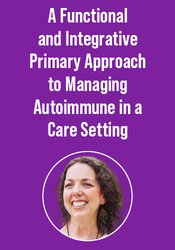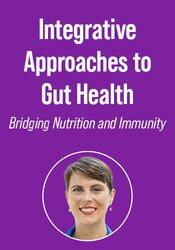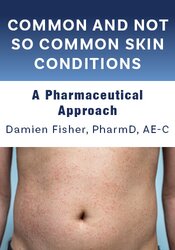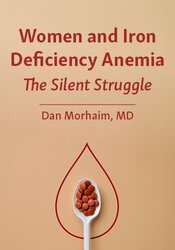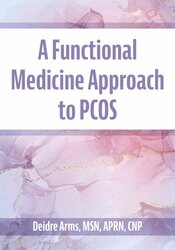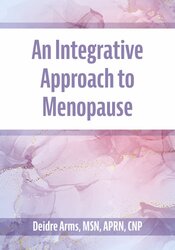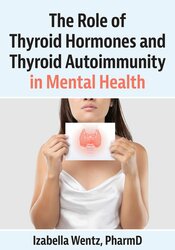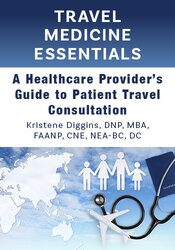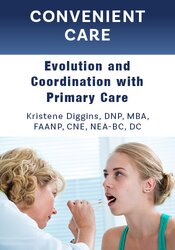Significant Prevalence and Rising Incidence
- Affects 10% of the population
- Women more susceptible
Economic and Quality of Life Impacto
- Management imposes a substantial economic burden
- Significantly impacts the quality of life
Conventional Approaches
- Focus on symptom reduction and control of AI response
- Often fall short; can be costly
Functional and Integrative Medicine
- Focus on personalized care; addresses root causes
- Combines conventional, complementary, and lifestyle medicine
Primary Care Integration
- Early detection; preventative services
- Strong primary and community care coordination
Foundational Health Fundamentals
- Prioritize real food, quality sleep, pure water, clean air, sunlight, movement, and social interactions
Balancing the Immune System
- Support Th1 activity; modulate Th2 responses
- Reduce inflammation
Nutritional Support
- Address common nutrient deficiencies
- Remove culprit foods
Holistic Approaches
- Incorporate mind-body practices
- Balance ANS
Future Directions
- Continue education for healthcare providers
- Address root causes
- Promote multidisciplinary team collaboration
- Focus on patient-centered care


